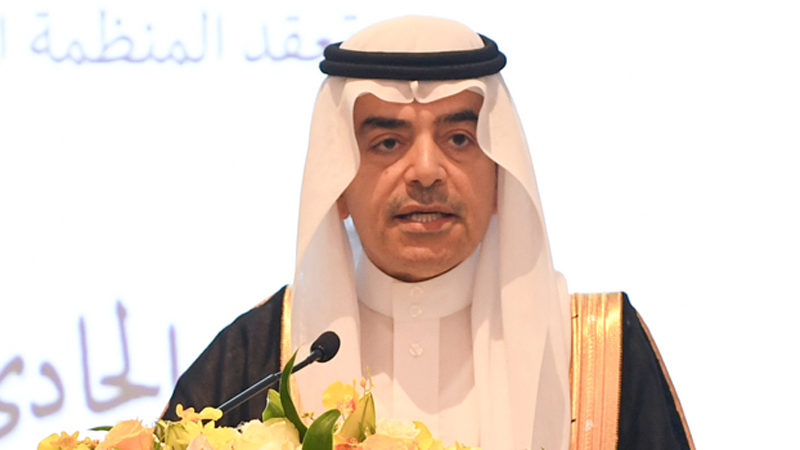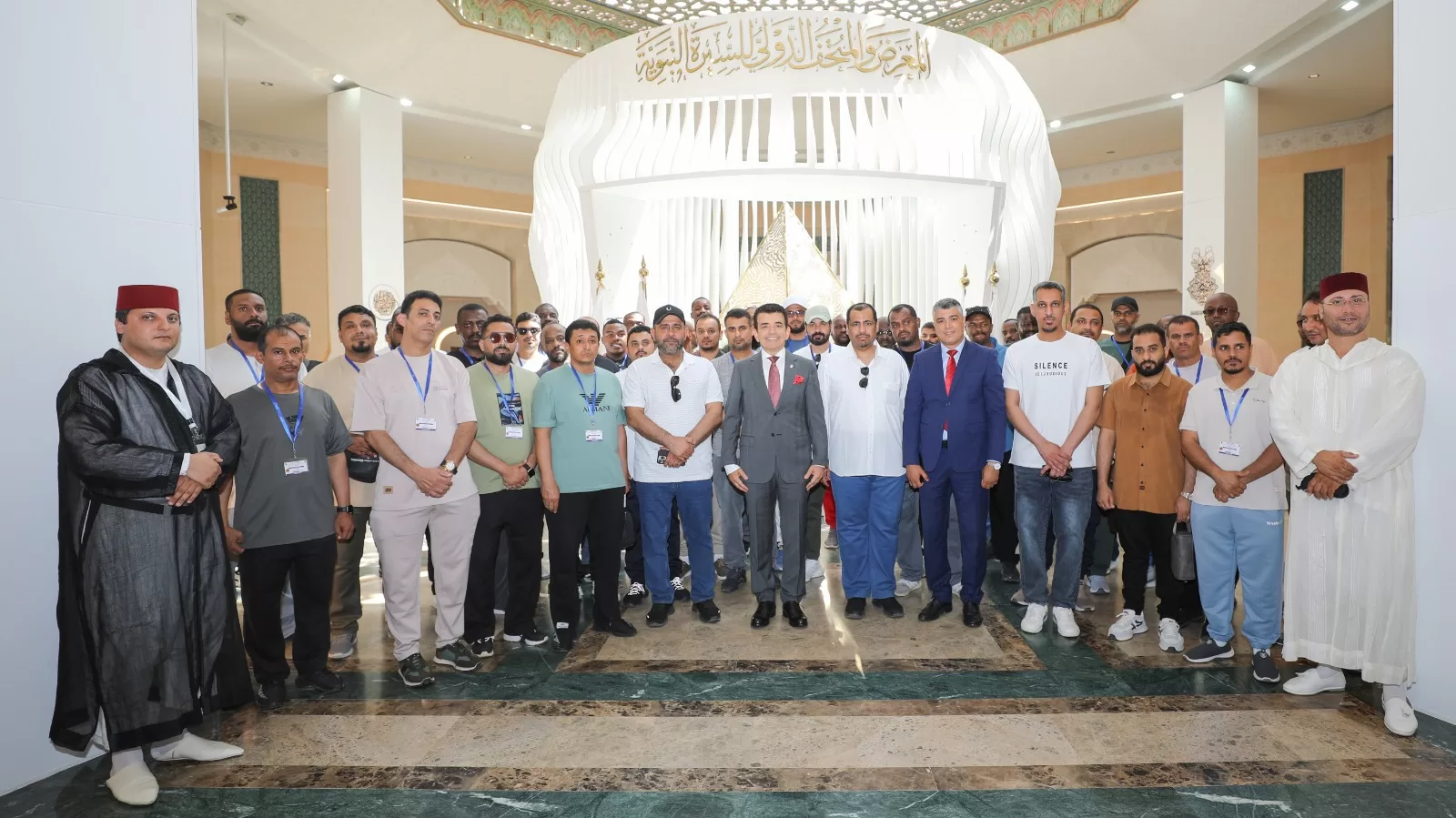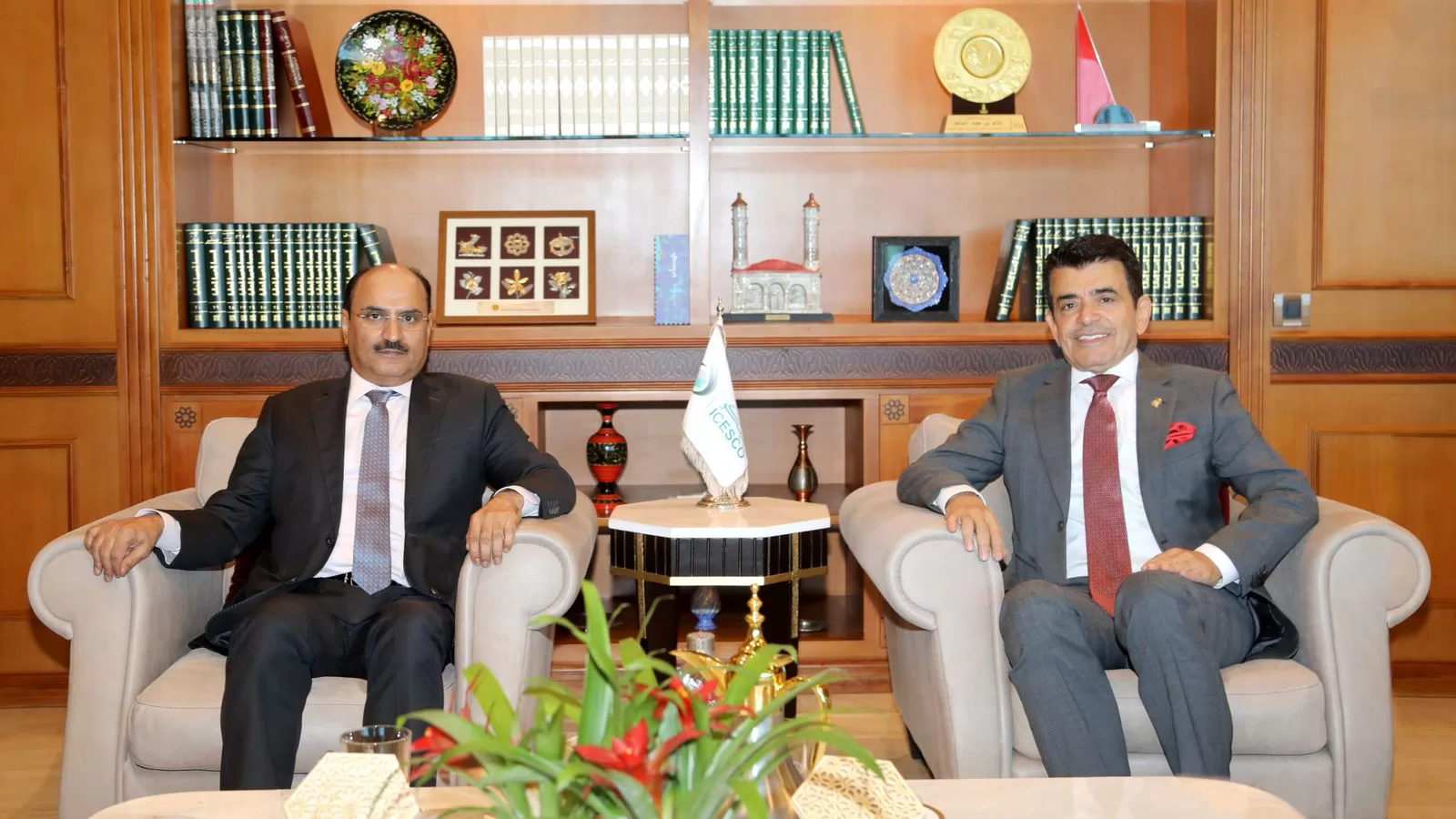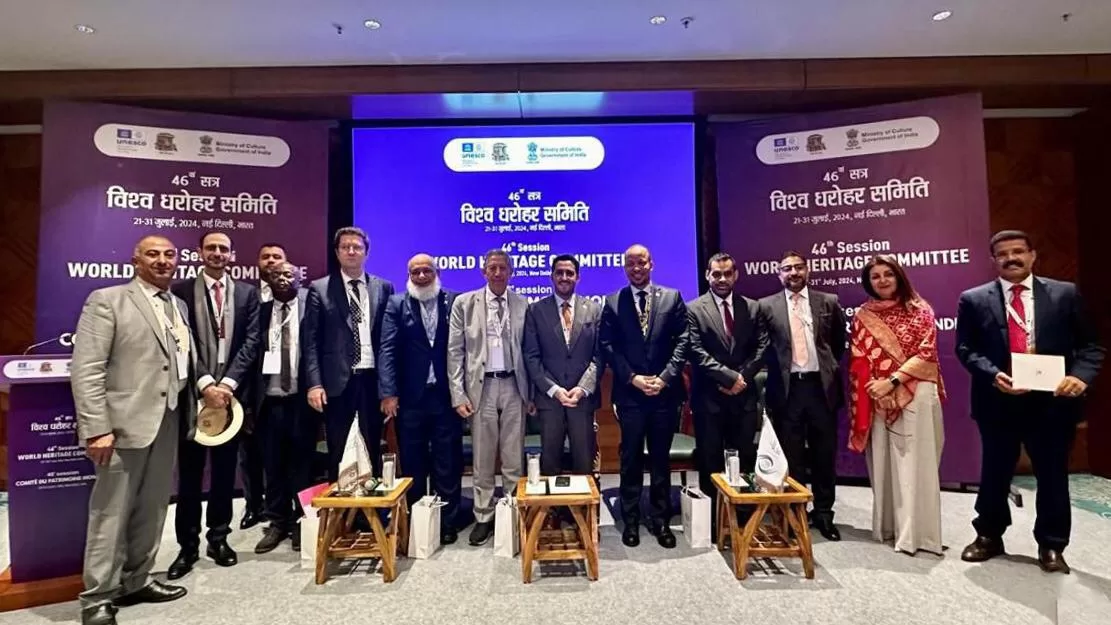
AlMalik warns: 3 million Arab children have no access to schools

7 November 2019
ISESCO Director General: We have a chance to redress paths of education to achieve sustainable development
ISESCO new vision aims to build a civilizational system and empower young people, women and children
The Director General of the Islamic Educational, Scientific and Cultural Organization (ISESCO), Dr. Salim M. AlMalik, warned that two thirds of world children do not have access to pre-school education. He added that illiteracy rate in the Arab world for the age range of fifteen years and above is still high (21%); around three million Arab children do not have access to schools; and female illiteracy rates are double the figures of males.
“We now have a chance to redress the situation, and forestall the shortcomings, a chance we must not miss for the sake of ourselves and our peoples”, Dr. AlMalik, stated in his address at the 11th Conference of Arab Minsters of Education, which concludes its proceedings today in Manama, Kingdom of Bahrain. He further explained that redressing the educational situation falls within efforts to achieve Sustainable Development Goal 4 –Education 2030, whose Target 4.1 states that “by 2030, ensure that all girls and boys complete free, equitable and quality primary and secondary education leading to relevant and effective learning outcomes”.
Likewise, the Director General maintained that if Target 4.7 stresses the importance of “ensuring that all learners acquire the knowledge and skills needed to promote sustainable development”, one wonders about the position of the Arab world on the world map of knowledge production, capacity building and creative industries, at a time of rising numbers of patents in the field of artificial intelligence at the world level, which increased by a 1000% rate over the period between 1991 and 2015, with 62% thereof dominated by three countries: Japan, South Korea and the USA.

Being aware of the scale, nature and direct repercussions of the current challenges on the development of our countries, ISESCO Director General stressed that ISESCO has moved during this year toward a new phase of development and rebuilding based on an innovative vision through which ISESCO aspires to become an international shining beacon in education, science, culture and communication.
Dr. AlMalik added: “we will, Allah willing, work in the coming period, supported by Member States, to implement two major general orientations: building a smart, innovative and civilizational system for the Islamic world, and empowering youth, women and children to enjoy their educational, scientific, cultural, technological and environmental rights. ISESCO will also develop adequate support mechanisms for Member States in its coming action plans.”
Moreover, ISESCO Director General made it clear that ISESCO’s new vision and strategic orientations to be proposed to ISESCO Executive Council, which is mandated by the Third Extraordinary General Conference to convene with the powers of the General Conference, in the State of United Arab Emirates on 29-30 January 2020, so as to advance the Organization to join the ranks of major international organizations.
At the close of his address, Dr. AlMalik highlighted that ISESCO, similarly to other regional and international organizations, depends in the budgets of its annual action plans and programmes on the financial contributions of Member States. “The decrease of contributions negatively and directly influences ISESCO’s performance, reduces its capacity to implement its plans, and curbs its aspiration to launch major projects to serve sustainable development plans in Member States”, the Director General asserted, while hoping that Their Excellencies Ministers and Heads of Delegation of the participating countries in the Conference will urge Member States to boost their support to ISESCO’s budget and pay their financial obligations to the Organization for both the current financial year and the arrears of the past years.
It is worth mentioning that the 11th Conference of Arab Ministers of Education, held under the theme “Role of educational policies in achieving SDG 4 – Education 2030”, is organized as part of the Kingdom of Bahrain’s Celebration of its Education Centennial.




